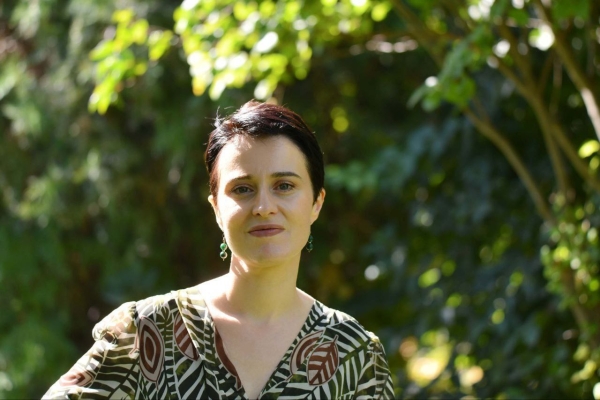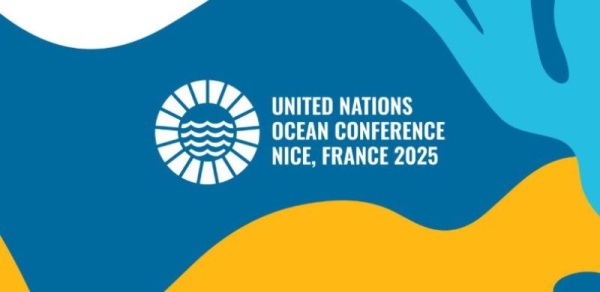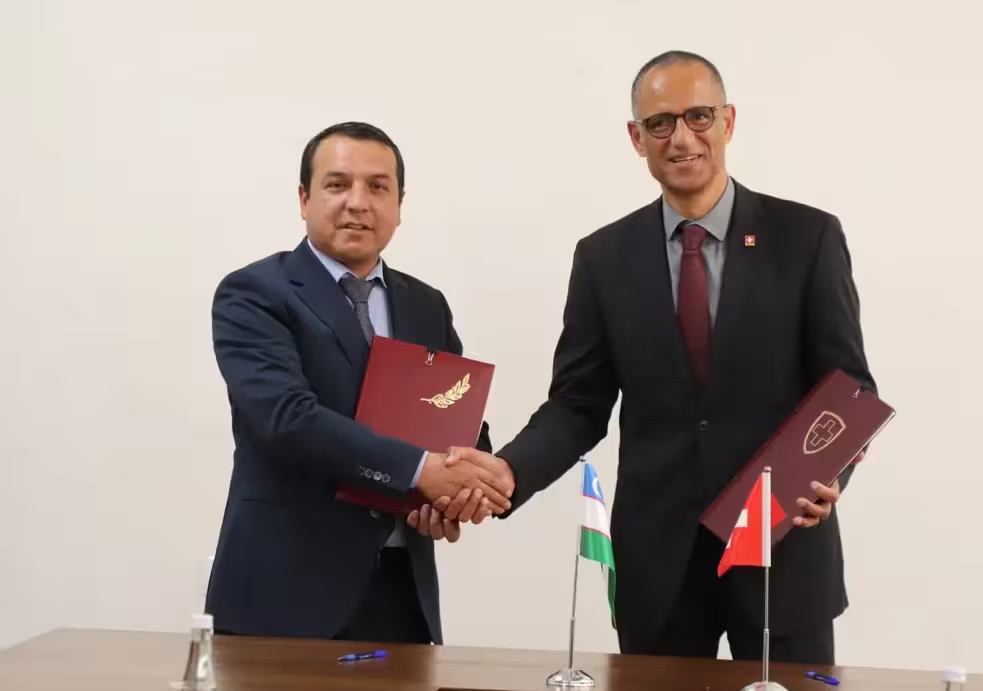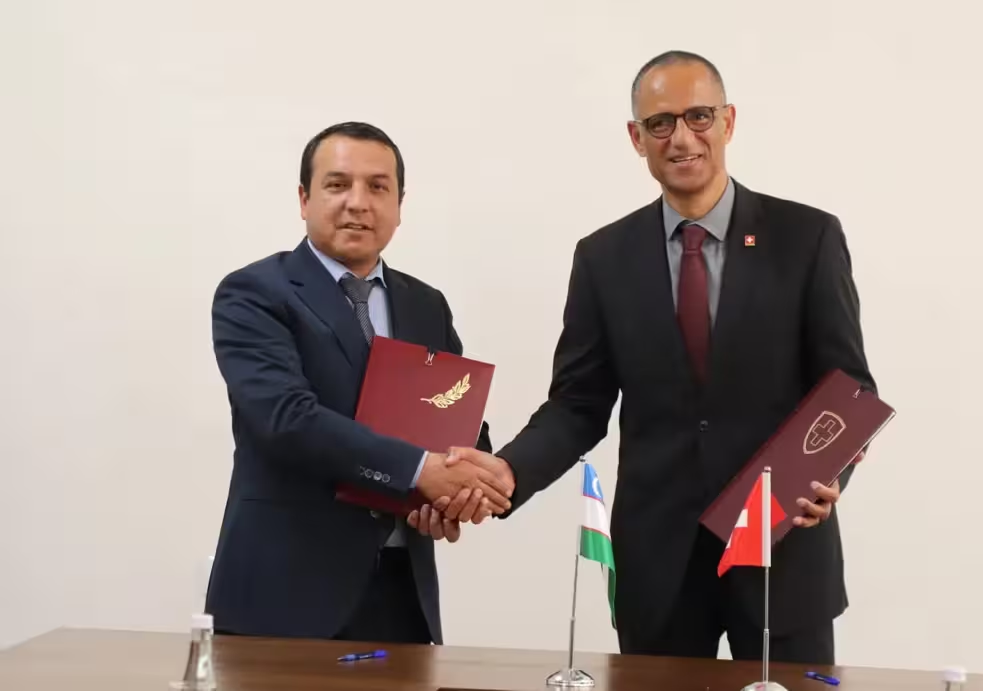
From June 9 to 13, 2025, France will host the third United Nations Ocean Conference (UNOC3) in the city of Nice. This landmark event is set to be a decisive moment for global ocean conservation. Over 100 heads of state and government, alongside tens of thousands of participants—including scientists, researchers, business leaders, civil society activists, and citizens from around the world—will gather to focus on one clear goal: protecting the ocean through practical action.
“The ocean is our common heritage,” said the French Ambassador to Tajikistan, Elsa Pignol, “It feeds humanity, inspires dreams and travel, and provides us with sustainable energy, trade routes, wealth, and limitless scientific knowledge.”
Currently, one in every three people worldwide depends on the ocean for their livelihood, yet the ocean itself is under severe threat. Despite its vastness, much of it remains unexplored, and it lacks a comprehensive global governance system and sufficient funding for protection.
The statistics are alarming: according to research published in Science magazine, over eight million tons of plastic waste enter the ocean annually. Overfishing exceeds one-third of global fish stocks, sea levels are rising, and marine ecosystems are degrading—threats that are exacerbated daily by climate change.
“The time to act is now,” the ambassador emphasized. “We must join forces to address these urgent challenges.”

Ten years after the landmark COP21 and the Paris Agreement, which set the global legal framework for limiting warming, UNOC3 represents a historic opportunity. The “Nice Agreements” aim to become an international treaty for the protection and sustainable use of the ocean, aligned with the United Nations’ Sustainable Development Goals adopted in 2015.
For this vision to succeed, discussions in Nice must translate into concrete action. Enhanced governance, increased funding, and deeper understanding of the ocean are essential.
A key tool for governance is the Biodiversity Beyond National Jurisdiction (BBNJ) Agreement. This treaty targets the “high seas,” which cover over 60% of the world’s oceans and currently remain unregulated by international law. Without oversight, the high seas face serious social and environmental crises—severe pollution by oil and plastics, illegal fishing, and the capture of protected marine species.
To implement the BBNJ Agreement, at least 60 countries must ratify it. Tajikistan has the opportunity to ratify the treaty by June 9, 2025. The ambassador called on all nations to unite efforts and turn UNOC3 into a real turning point for ocean governance.
In a special invitation, France proudly welcomed Emomali Rahmon, President of Tajikistan, to attend the conference in Nice as a leading advocate for ocean protection and to celebrate the launch of the BBNJ Agreement’s implementation.
Protecting the ocean also requires mobilizing both public and private investments and supporting a sustainable "blue economy." To harness the ocean’s vast economic potential, marine resources must be preserved and restored. The conference in Nice will also feature commitments on international trade, maritime transport, tourism, and investment.
“How can we protect what we do not know, or lack sufficient information about?” the ambassador asked. “We can map the Moon and Mars, yet much of the ocean floor remains a mystery, despite covering 70% of the Earth’s surface. Together, let us advance science, innovation, and education to better understand the ocean and raise public awareness.”
As climate change accelerates and marine resources are overexploited, the ocean is not just a separate issue—it is everyone’s issue. The weakening of global multilateralism must not diminish our shared responsibility.
“The ocean is our common thread, at the heart of our future. Let us make UNOC3 a historic turning point—for our peoples, for future generations, and for our planet,” the French Ambassador concluded.




